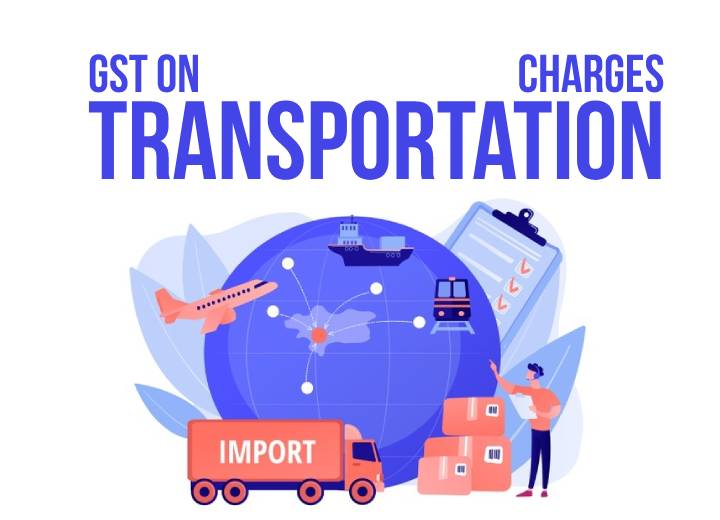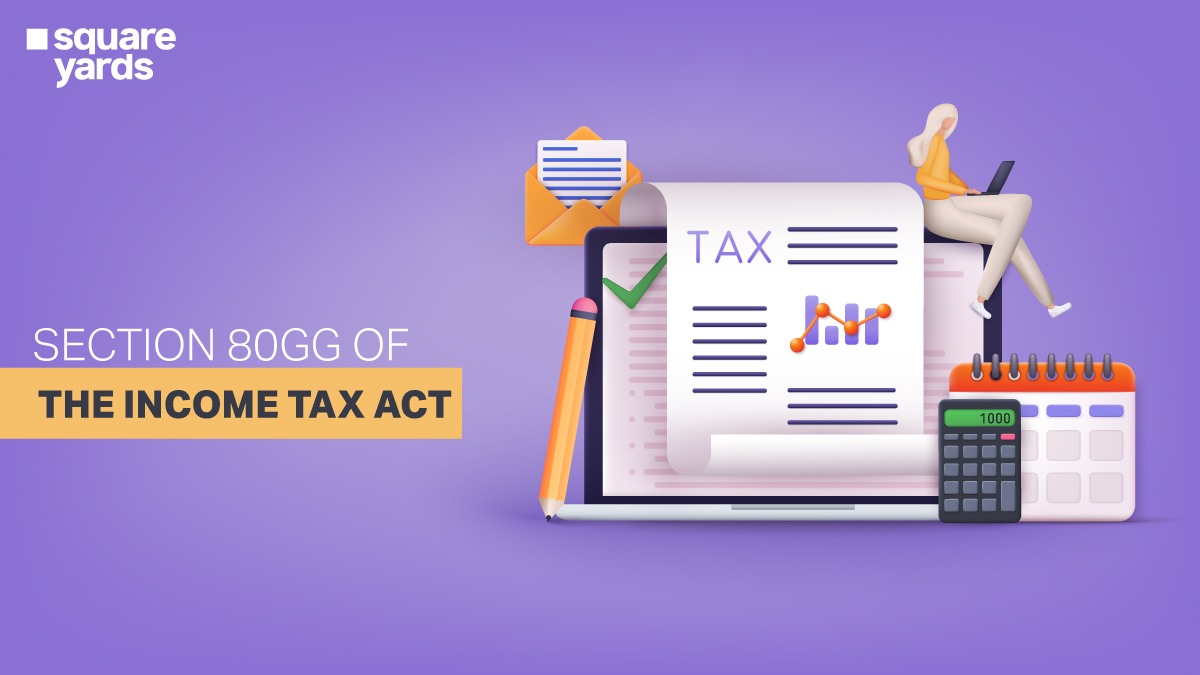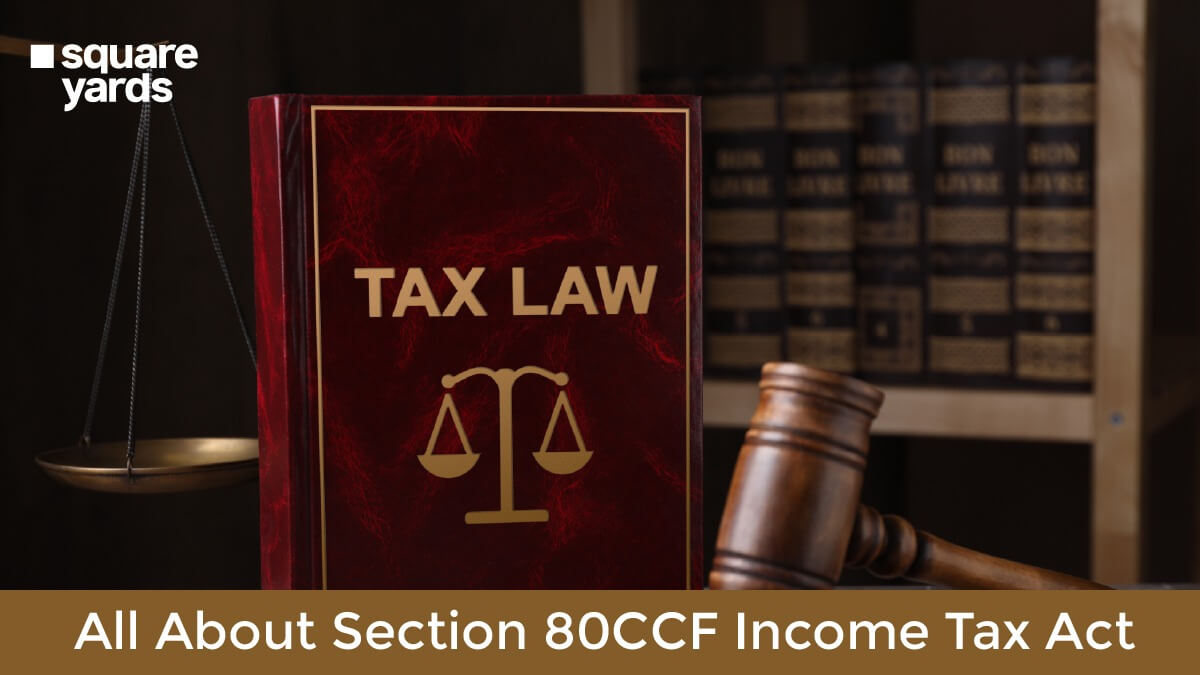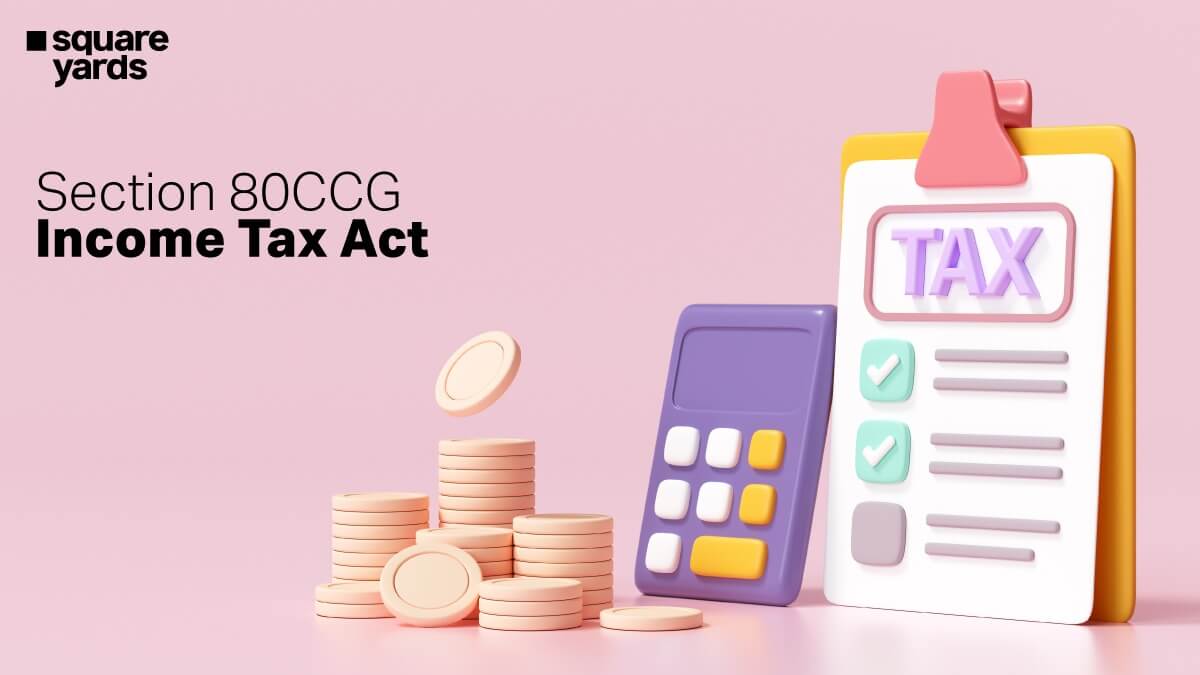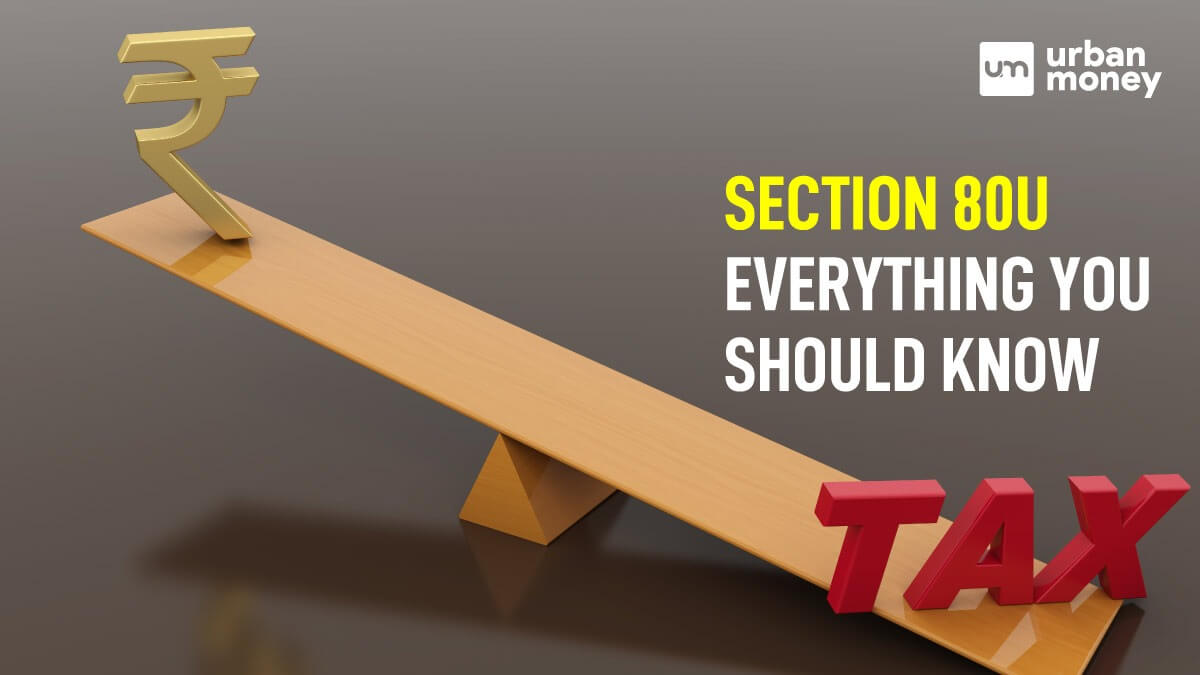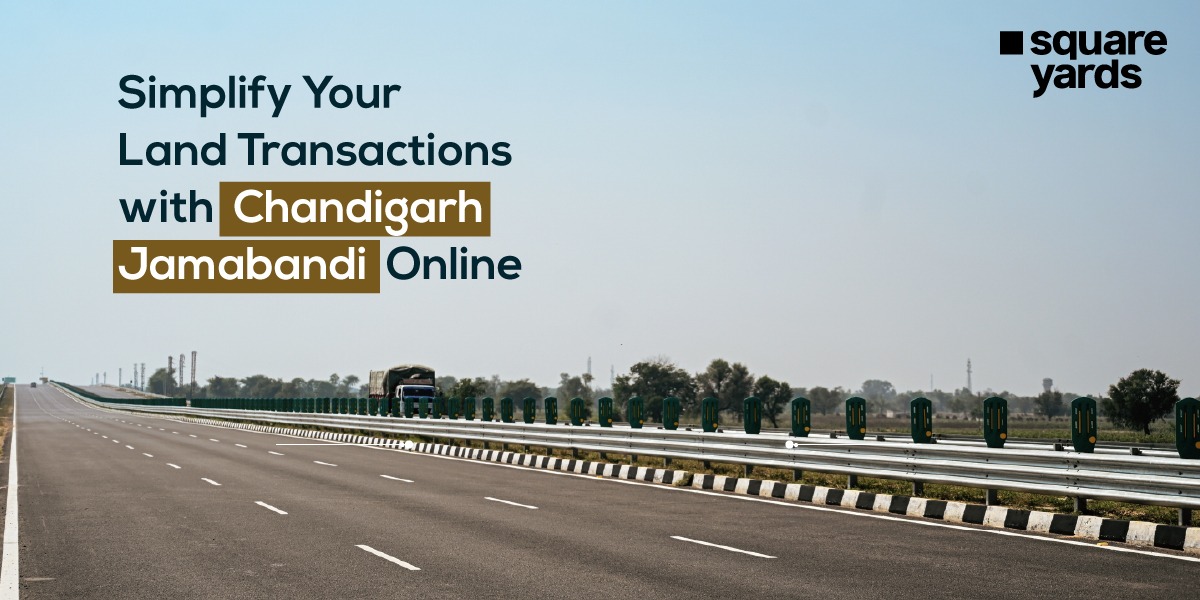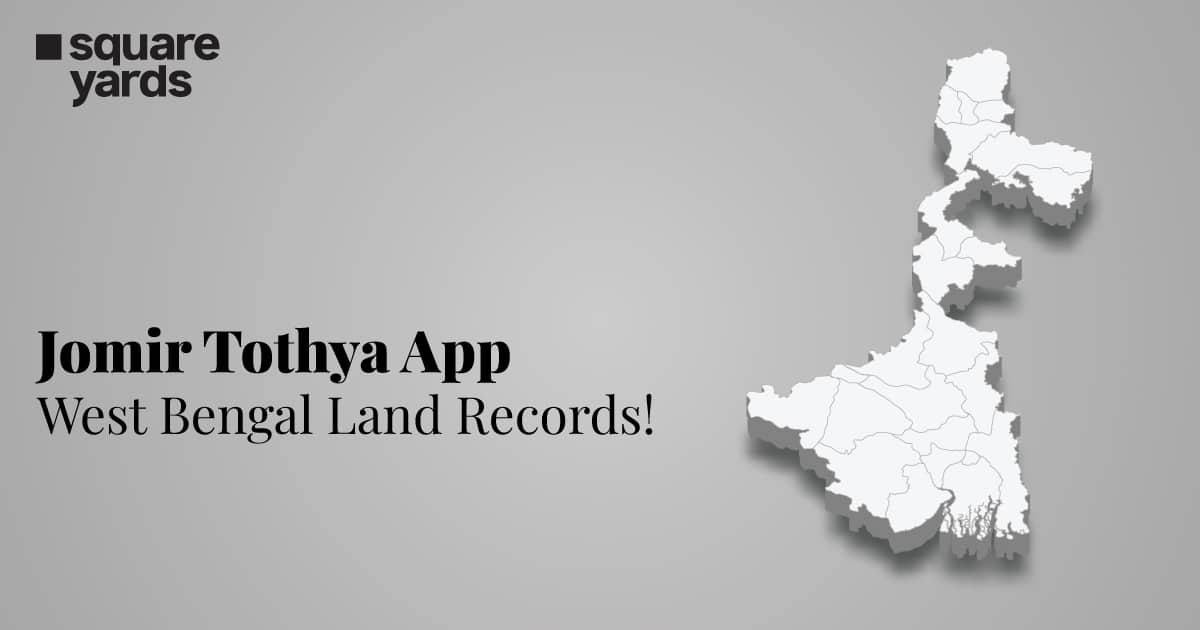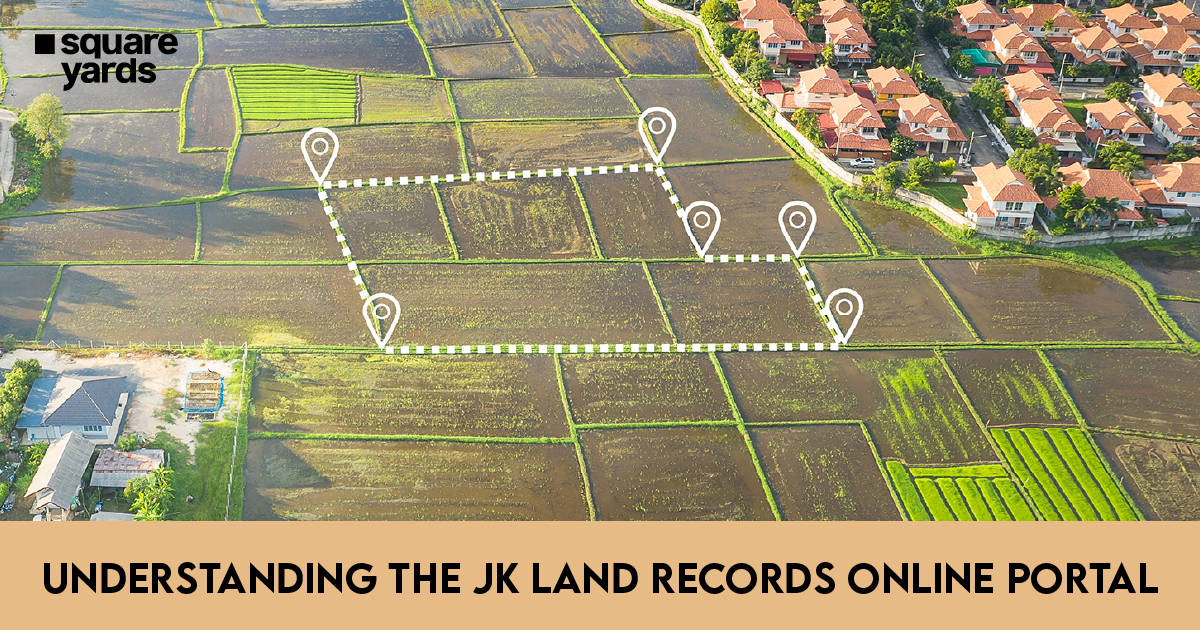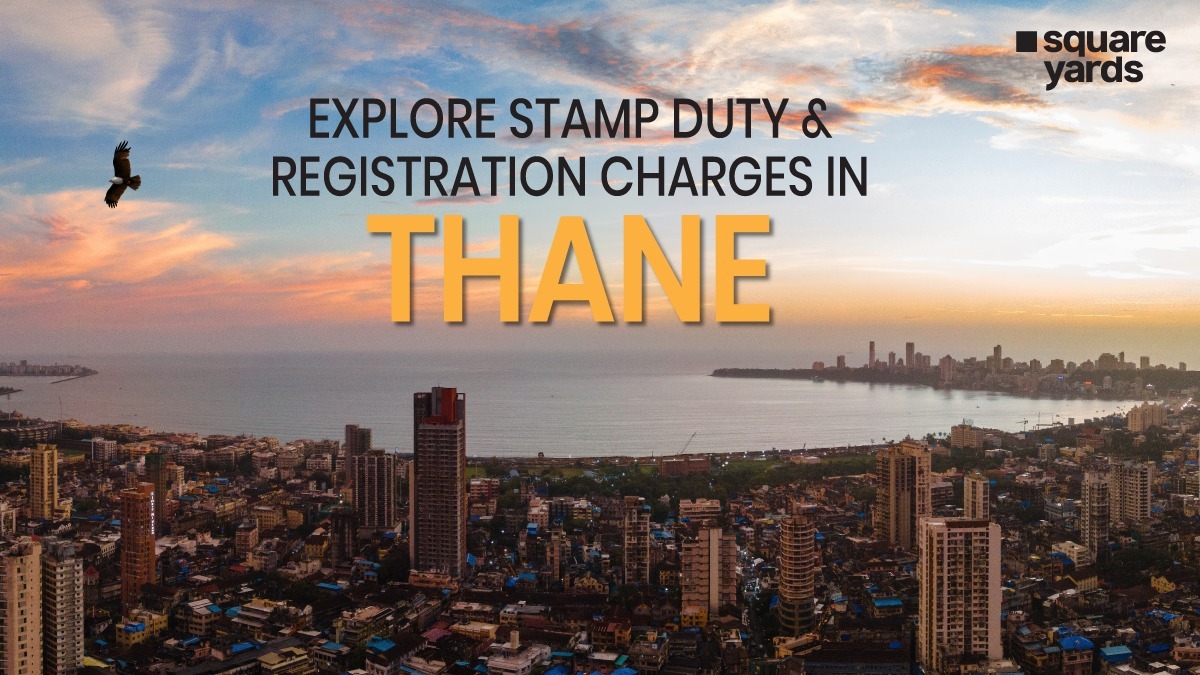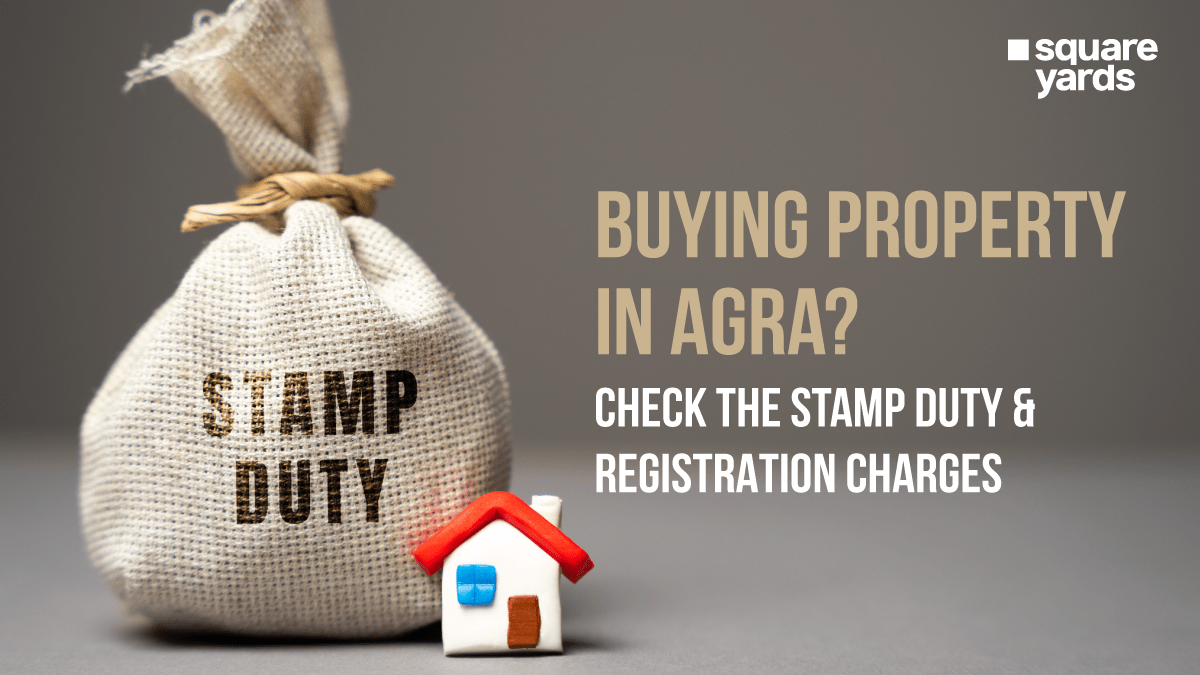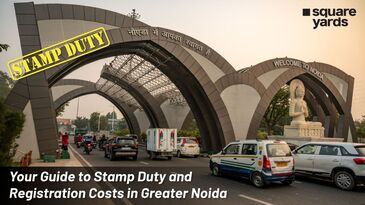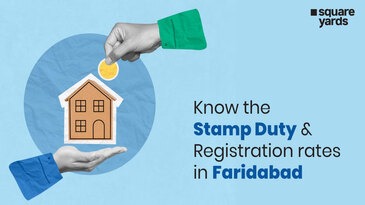GST on the transportation charges via road, rail, or air attract different rates of tax ranging from nil to 18%. Transportation can be considered as the backbone of the economy, and any disruption in the same can be detrimental to an entire business channel. This can be seen very clearly when there is a change in the fuel prices, it has a massive effect on the functioning of various industries.
Transportation means to carry people and goods from one place to another. This is one of the most important parts of any civilization. Transportation has been the biggest contributor to the economic, cultural, social, and political development of any society. A robust transportation system ensures the speedy development and industrialization of a nation.
What are the Main Modes of Transportation?
The following are the main modes of transportation of goods and services in the country:
- Rail: This is more often used for the transportation of perishable goods, as it is a comparatively faster mode of transportation. Rail haulage will be needed to be purchased through a third-party logistics provider, terminal operator, or freight company.
- Airway: Airway is the quickest mode of transport if you are transporting goods over long distances. However, this can prove to be a bit expensive as there are many associated charges. Some of the additional related charges are handling charges, duty fees, security fees, etc
- Waterway: This is the most affordable way of transporting goods in large volumes. However, this method is not very flexible and usually takes a long time to reach the destination
- Road Transportation: This is one of the most commonly used methods of goods transportation. It is more often used when goods are to be transported over long or short distances on an urgent basis. Further, it is also used for transporting goods before or after the above mentioned methods of transport
GST on Transportation Based on Methods of Transport
The following are the rates of GST on transportation on the basis of the transport method used:
GST on Transportation Charges by Air
The rate of GST applicable on air tickets for passengers are as follows:
- GST for economy class tickets: 5%
- GST on chartered flight tickets for pilgrimages: 5%
- GST on business class air tickets: 12%
- GST on rental of aircraft/chartered flights: 18%
If the travel is for any business purpose, the GST on air tickets can be claimed as an Input Tax Credit (ITC) for the business. The ITC can also be claimed by the airlines in case of economy class tickets. In case of business class passengers, the airlines can claim ITC on spare parts, food items, entertainment, and other such inputs apart from fuel.
GST on Transportation Charges by Rail
The following are the applicable GST rates on rail tickets:
- GST rates for First class and AC train tickets: 18%
- GST rates for sleeper and general class tickets: Nil
- GST for metro tickets/tokens: Nil
GST on Transportation Charges by Road
Not like the other modes of transport, road transport services are liable to various GST rates depending on the mode of transport. The following are the main GST rates applicable on road transportation charges:
- GST rates for passenger travelling through public transport: Nil
- GST rates for transport via metered auto/taxi/e-rickshaw: Nil
- GST charges on transport by non-A/C carriage/stagecoach: Nil
- GST charges on transport by A/C carriage or stagecoach: 5%
- GST charges on transportation by radio taxi and other such services: 5%
- GST charges on rental services of road vehicles: 18%
GST on Transportation By Waterways
In accordance with the GST laws of 2017, GST is not applicable on transportation of goods via waterways.
GST on Transportation of Goods
GST rates are applicable on the transportation of goods via air, road, rail, or inland waterways. The applicable rates of GST start from nil and go up to 18%. The following are some of the goods that are exempt from GST on transportation:
- Relief materials that are intended to be for victims of natural/man-made disasters, accidents, mishaps, etc
- Food items like milk, salt, pulses, rice, flour, etc
- There are no GST charges on the transportation of organic manure, agricultural produce, and agricultural products
- Magazines and newspapers which are registered with Registrar of Newspapers
- If the total transportation charges of the goods does not exceed Rs. 1500
GST charges are also not applicable in the following cases:
- Transportation of daily household goods
- If the goods are being transported for an unregistered person
GST on Transportation Applicable for Other Transportation Modes
Usually, the transportation of goods can be done by either a courier agency or by a transporter. A transporter can be of two types:
- A goods transport agency (GTA)
- Transport owners (vehicle owners)
The main difference between a GTA and a transport owner is that a GTA provides transportation services via vehicles provided by others. Meanwhile, transport owners are agencies/individuals who own their own fleet of vehicles.
GST on transportation of goods via a GTA attracts the taxation charges given below:
- If the ITC has not been availed: 5% GST on transportation
- If the ITC has been availed: 12% GST on transportation
Similarly, the below given GST rates might also be applicable:
- GST charges on the rental services of road vehicles: 18%
- GST charges on rental of a freight aircraft: 18%
- GST charges on rental services of water vessels: 18%
What is a Goods Transportation Agency Under GST?
In accordance with the GST act, a goods transportation agency (GTA) can be referred to as an individual/agency that provides good transport services by road and provides a consignment note. According to the definition, a GTA is not always an individual/business that hires out vehicles for transportation of goods. Thus, to qualify as a GTA, the individual/business must issue a consignment note. Some of the key services provided by a GTA are as follows:
- Loading and unloading of items
- Packing and unpacking of cargo
- Trans-shipping
- Temporary warehousing of the items
What are Consignment Note and eWay Bill?
Consignment notes and eWay bills are the main documents related to the transportation of goods. The consignment note is a document that is issued by the GTA with respect to receiving the goods for transport by road. Once the consignment note is issued, the responsibility of the goods then lies with the transporter, till the goods are delivered. There are no extra charges associated with issuing a consignment note. This document contains crucial details of the party who is paying GST for the transportation of goods.
It is imperative to generate the eWay bill before the transportation of goods. The document can be generated on the GST portal, and is one of the most important documents to ensure compliance with GST rules. This is a mandatory document for individuals/businesses involved in the transportation of goods. Some of the details mentioned in an eWay Bill are the GST amount paid on the goods, name of consignee, and name of consignor along with the details of the vehicle being used to transport the goods.
YOU MAY ALSO LIKE
Frequently Asked Questions (FAQ)
What is the GST charge on transport of foodgrains?
There is no GST applicable for the transportation of food grains. According to the GST law, agricultural produce and organic manure are exempt from GST on transportation.
Why is a consignment note important?
A consignment note is an important document as it contains the relevant details of the party who is responsible for paying GST.
What is applicable GST on transport by metro?
There is no applicable GST on transportation by metro.


